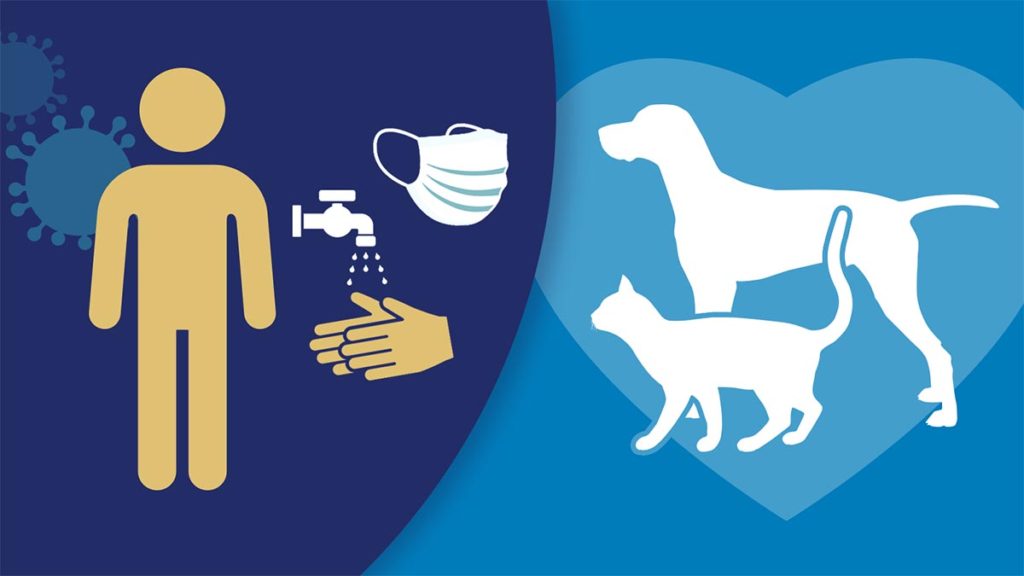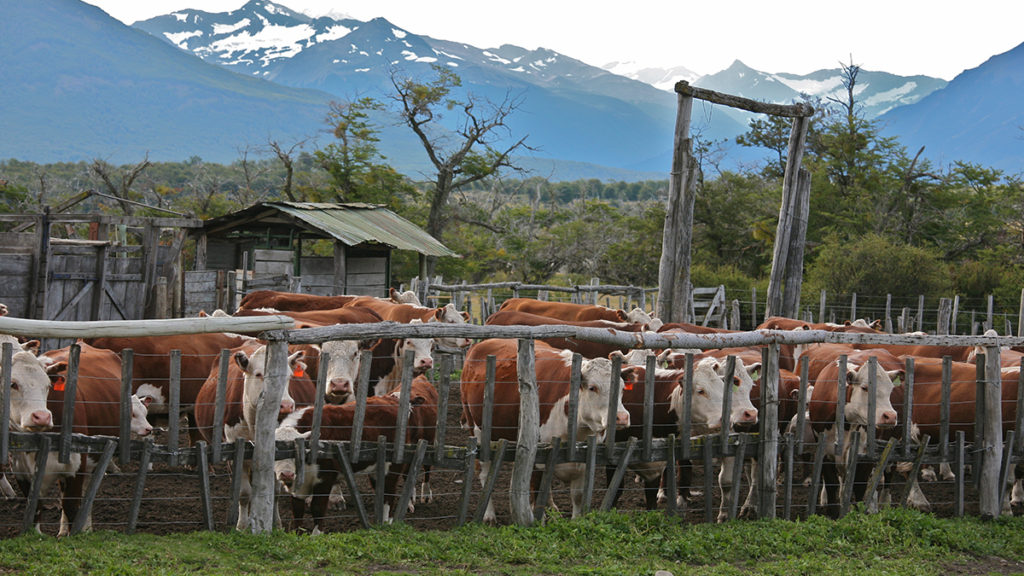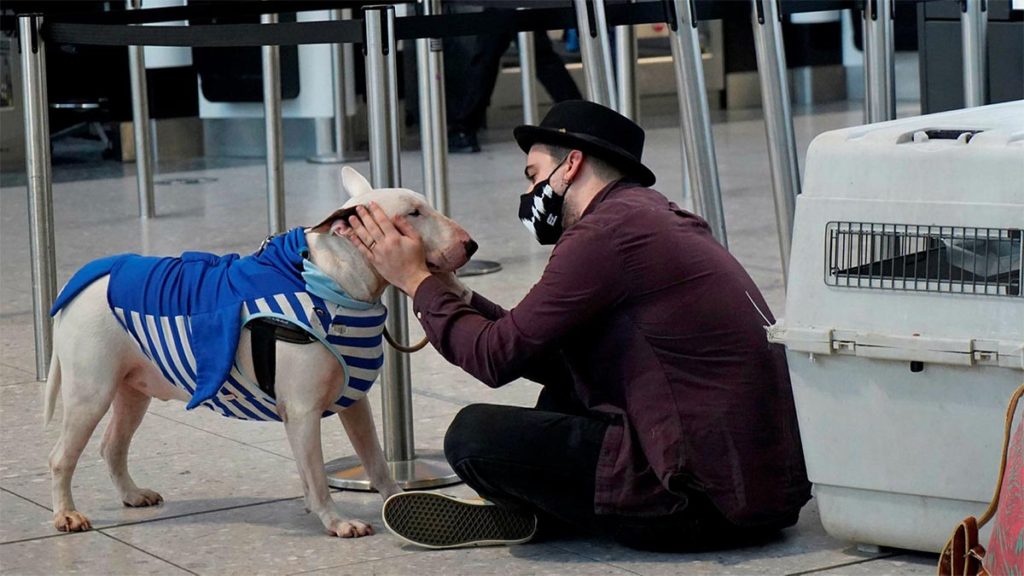Common Zoonotic Diseases And Basic Dos And Don’ts
“We adopt pets, but in reality they own us with love and emotions.” Animals have played an important role in the evolution of humans. They have been in regular contact with humans since eons. The mutualism between animals and humans has led to the spread of many diseases in a to and fro manner which is known as zoonoses or zoonotic diseases.
These diseases are spread by viruses, bacteria, fungus and parasites. There is serious concern regarding their transmission by bites of mosquitoes and ticks. These diseases can also spread through air, physical contamination, close contact, by consumption of meat or produce of infected animals. On World Veterinary Day let’s take a look at some of these diseases and how we can prevent them.

Rabies: It is a deadly viral disease spread by contaminated saliva of animals like dogs, bats, foxes, racoons etc. This disease is also known as “JALANTAKA” in Odia which means ‘fear of water’. The animals shiver when they come in contact with water. Other symptoms of the disease are fever, headache, excess salivation, muscle spasms, paralysis and nervous disorders. Right now there is no treatment for this fatal disease. However, vaccination can prevent infection. Dogs should be vaccinated with rabies vaccine at 3 month of age and it must be repeated annually. Post bite vaccination can also be done as an immediate response on 0th, 3rd,7th,14th,28th day of bite.
Corona: Canine and feline coronaviruses are widely spread among the species and sometimes prove to be fatal. They are transmitted through droplets and air transmission. It causes illness and cold in animals. The current pandemic’s virus strain SARS-CoV-2 has been reported in animals in zoos around the world who are testing positive on exposure to affected humans. However the transmission of COVID 19 is low from humans to animals. Right now there is no prevention however symptomatic treatment is being done. Early vaccination must be done in puppies at the age of 30-45 days and then booster shots must be given as per the vaccines protocols.
Leptospirosis: It is caused by bacteria and can lead to severe kidney and liver damage in pets and it can get transmitted to humans. If left untreated, the diseases can be deadly. It aggravates flu-like symptoms. The animals get affected mainly due to contaminated water, urine, food or bedding. It can also be transmitted from mother to pups through placenta. Signs include vomiting, diarrhoea, inflamed eyes and irregular urination. It can be prevented through vaccines and treatment can be done by antibiotics and supportive treatments on early diagnosis.

Avian Influenza: Strains of this influenza virus mainly affects birds which is why it is also known as bird flu. It is an airborne disease. Symptoms include cough, fever, sore throat, and muscle aches. It can be treated with antiviral drugs. People who come in direct contact with birds are at high risk. Proper infection control, biosecurity measures, slaughtering and decomposing of birds with proper measures should be taken to avoid its spread.
Parasitic zoonoses: A number of parasitic zoonoses such as cryptosporidiosis, toxoplasmosis, leishmaniasis have gained importance as human pathogens due to their ability to cause disease in humans. Proper and specific antiparasitic drugs can save animals. The spread of parasites can be limited by managing the growth of vectors. Providing insecticide collars, regular deworming for ecto and endo parasites can decrease the chance of occurrence of these infections.
There are many more zoonotic diseases caused by viruses, bacteria and parasites such as anthrax, swine flu, brucellosis, salmonellosis and pox which are mainly seen in livestock residing in farms which can transmit the diseases to humans in direct or indirect contact with the animals.

General Dos and Don’ts
Do’s:
- Wash your hands clean after being around animals/ pets
- Properly disinfect the surroundings and avoid water logging to prevent growth of mosquitoes, ticks, fleas
- Create awareness of zoonotic diseases among children and pet owners
- Get your pet properly vaccinated and dewormed and keep a record of it
- Immediately consult your nearest veterinarian if you notice any abnormal signs and symptoms
- Spend one hour twice a day for proper exercise of the animal so that it maintains its health and growth at a uniform rate
- Provide regular supplements such as calcium and multivitamins for proper growth of pets
- Properly dry the animal after bathing as water congestion might lead to fungal infections
- Go for regular checkups of your pets
- Groom your pets regularly

Don’ts:
- Don’t feed animals oily and spicy human food. Do not feed them rancid and leftover food
- Before feeding check for the texture of packet foods for presence of fungus
- Do not give highly concentrated milk to pets
- Do not bathe the animal with human soaps and disinfectants
- Do not feed dried fish, excess salty feeds to animals which might lead to alopecia, severe dehydration and pressure on kidneys
- Do not enclose the pets in closed vehicles .

Animals do not speak but they communicate with emotions. So it is our responsibility to take proper care of them and provide a healthy environment for their proper upbringing.



